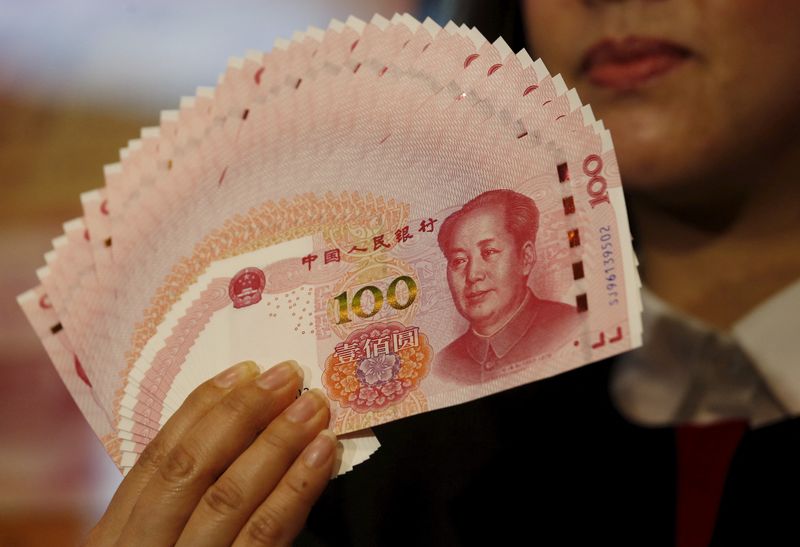
Written by Ryan Wu, Ethan Wang, and Yukun Zhang
BEIJING (Reuters) – In China's take on the Squid Game, scammers take advantage of financially distressed people in a declining economy with promises of cash prizes, debt restructuring and other schemes that don't always pan out.
Unlike the dystopian South Korean TV series, which returns to the small screen for a second season on Thursday, Chinese players who take on the “self-discipline” challenges do not risk their lives if they lose.
But courts have found that some participants in isolation challenges — who pay hundreds of dollars to stay in a room for several days, following set rules in the hope of winning up to 1 million yuan ($140,000) — are being defrauded. Regulators are warning people to beware of dodgy debt relief claims.
Isolation challenges, often advertised on Douyin, as TikTok is called in China, have grown in popularity this year as the world's second-largest economy slows. It grew at the weakest pace in more than a year in the three months to September, prompting policymakers to pledge new measures to boost household incomes, among other steps.
The challenges' long lists of rules include toilet breaks not exceeding 15 minutes, and a ban on touching the alarm clock more than twice a day.
Many players cry when they don't survive their first day because of violations caught on security cameras, which they dispute.
In October, a court in the eastern province of Shandong ordered a regulator to return a 5,400 yuan ($740) registration fee to a player named Sun, ruling that the contract was unfair and “violated public order and good morals.”
Sun was trying to win 250,000 yuan by surviving a 30-day isolation challenge with rules prohibiting smoking, use of electronic devices, alcohol consumption and contact with anyone outside the room.
On the third day of the challenge, organizers said Son covered his face with a pillow, violating a ban on players covering their faces.
The Cyberspace Administration of China, which regulates the country's internet, and ByteDance, which owns Douyin, did not respond to Reuters' requests for comment.
The National Financial Regulatory Administration (NFRA) on Tuesday warned the public not to fall for “debt brokers” who claim to help people restructure their loans or improve their credit files.
These brokers promote their services through phone, text messages, flyers and social media ads, and claim they can help secure new loans or provide temporary funds, but the regulator has warned that the services come with high fees.
The state-backed National Business Daily said brokers charge up to 12% of the loan value in the form of a “service fee.”
Another scheme involves charging large fees to ostensibly help debtors repair their credit records, according to the NFRA, which has warned that borrowers' personal information could potentially be leaked or sold.

Total household loans in China reached 82.47 trillion yuan ($11.3 trillion) in November, according to central bank data.
($1 = 7.2988 RMB)








